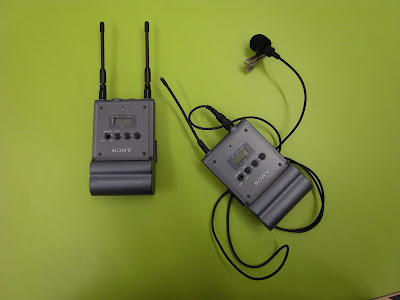We regrouped and had another group discussion about what we all felt would help us to move forward as a group. We ended up deciding on Homophobic Bullying for our new topic.
Fiction or Non-Fiction?
We haven't decided yet specifically what area of homophobic bullying we will do, we all plan to come up with a plot idea for each and then come together.
However we have done some extensive research as a group in order to try and find out more about the topic and how we could tackle it.
We searched youtube and found a couple of shorts that were informative.
One took a more comedic view which was entitled 'Homophobic Homosexuals'
http://www.youtube.com/watch?v=BG3OkXaNcck
However, we found it to be more on the comedic side than we liked and decided we didn't want to follow up on this kind of film tackling the problems gay people face.
We then decided to do a little further research into the more comedic side of the way homophobia could be tackled and found the youtube video 'Homophobic Batman' which, again, is comedic about Batman and the Joker. Although it is funny, it does also show what homophobia is but, again, was not as educational as we would have liked so we decided we didn't want to tackle homophobic bullying from a comedic point of view.
http://www.youtube.com/watch?v=feLCpfGniz8


We then did some research on outwardly gay speakers, which is when we found Chris Crocker, who is currently one of the most famous vloggers on YouTube. He recently made a video about how he should be defined by his gender and not by how he dressed just because he sometimes wears women's clothes.
http://www.youtube.com/watch?v=nyQ4_KVDnoI
It was a very powerful YouTube video and we hope to emulate the way he was able to really get his point across and make contact with his audience.
We also watched part of a film named FIT, which was created by Stonewall - a lesbian, gay and bisexual charity. We all felt it was very good and communicated its point well to the audience - the film FIT may play a major part in our coursework.
http://www.stonewall.org.uk/
We also looked in to other resources Stonewall has produced and read through two of their booklets titled "The School Report" and "The Teacher Report" (pictured below) which are full of statistics and personal accounts from students and teachers from all over the country. The booklets give a detailed insight into the types of bullying that goes on within both primary and secondary schools, how schools have tackled the problem, and personal responses to homophobic bullying.
Some of the evidence we found from the research was incredibly upsetting and shocking - especially the homophobia of some of teachers, and the lack of support some schools give to their victims. This increased our drive to create a film that will give a voice to the victims of homophobic bullying.
-Rose (edited by Mia)



















